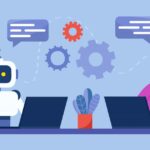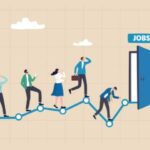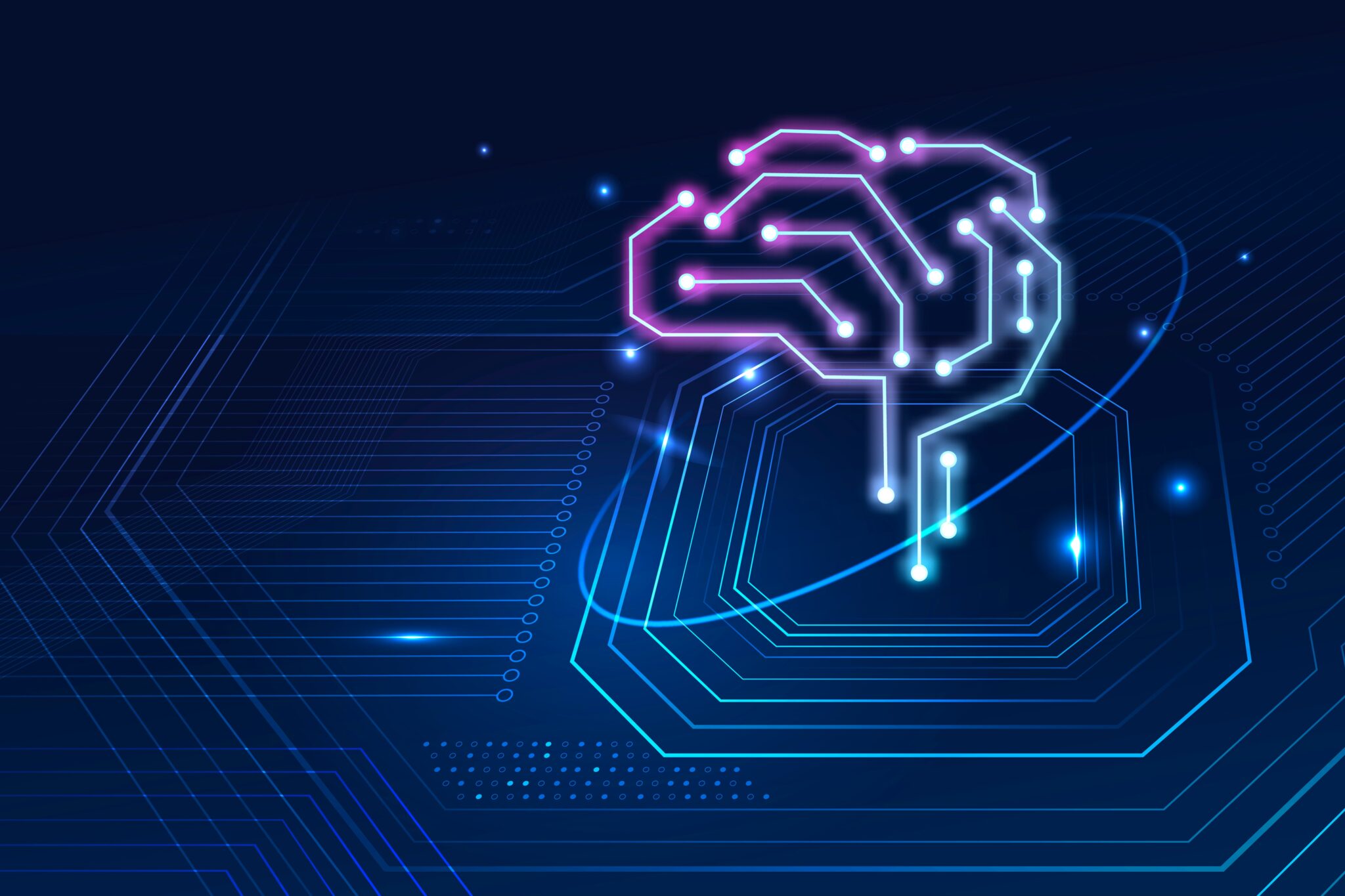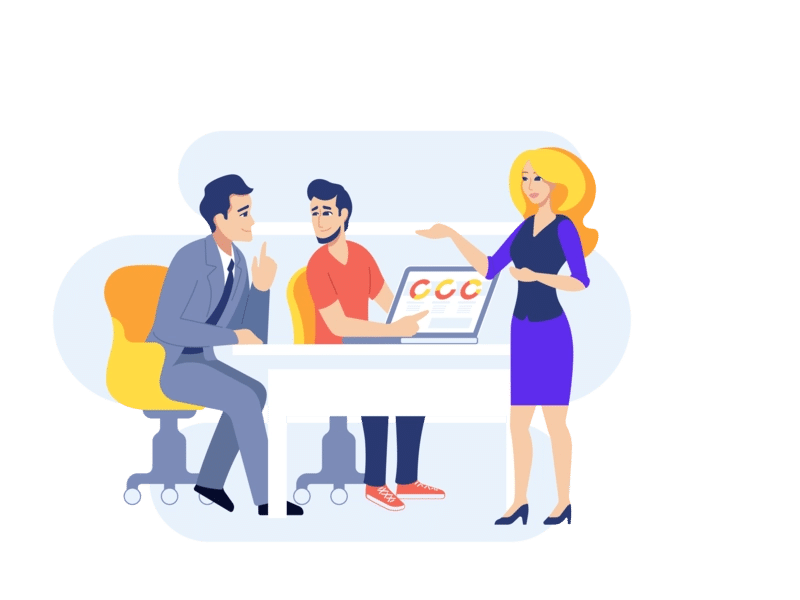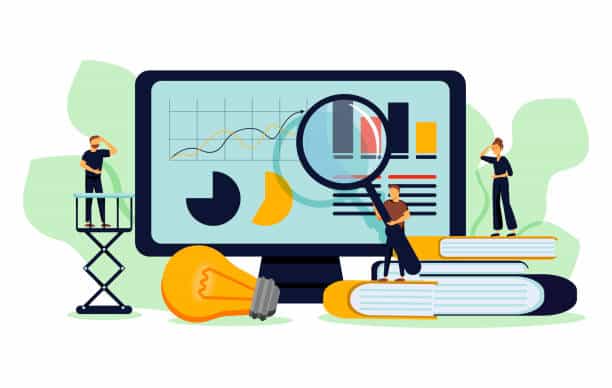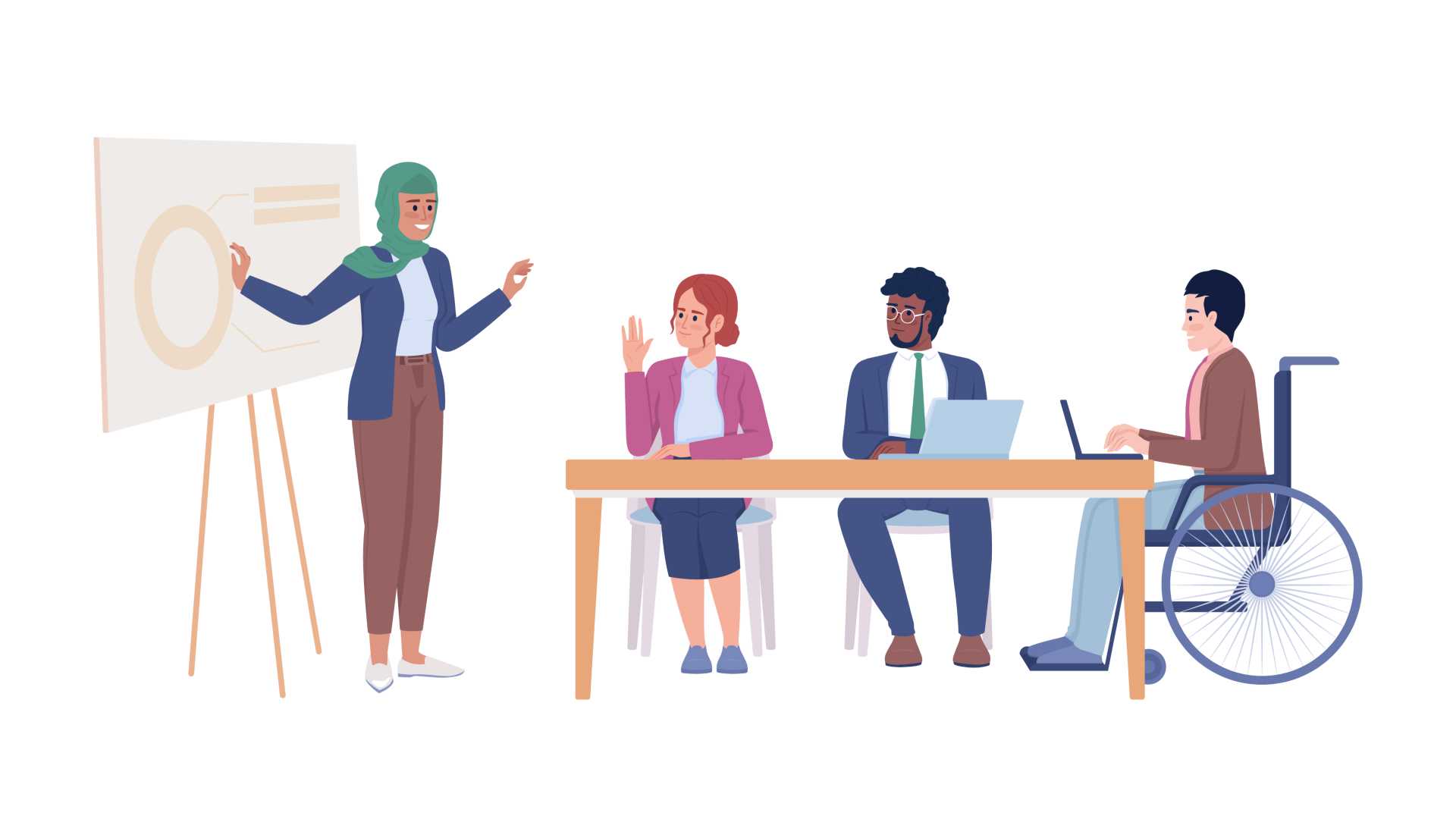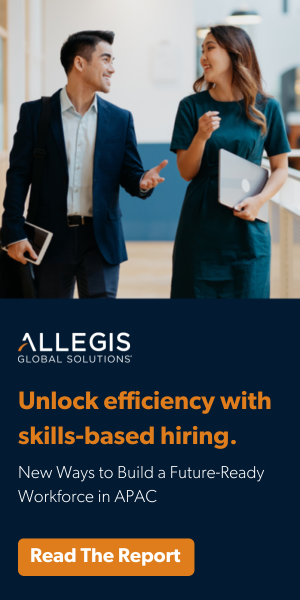The event brought together experts, including prominent figures like UK Prime Minister Rishi Sunak and entrepreneur Elon Musk, to shed light on the transformative role of AI, particularly generative AI, and its implications for the global workforce. While Musk was quoted as saying that AI will replace all jobs in future, it’s hard to imagine this will be the case when the universal goal is a thriving global economy. And as Sunak said: “AI is a co-pilot for, rather than a risk to jobs.”
During the Summit, the risks of AI took centre stage with the increasing inequality, bias in AI systems, AI-enabled misuse in crime and AI replacing humans in the workforce.
AI is already changing the way we do our jobs
Generative AI, which can produce human-like text, is believed by many to revolutionise the way work is done. According to a recent survey conducted by SnapLogic, mid-level employees anticipate saving up to a full day’s worth of work each week by effectively employing generative AI, as they estimate it could take on up to 50% of their current responsibilities. The survey polled more than 900 mid-level office workers in the UK, USA, and Australia, revealing that 47% of respondents believed that generative AI could save them between six and ten hours of work weekly.
Of those already using generative AI for work, over half claimed they were saving one to five hours per week, with a noteworthy 24% reporting that they were saving between six and ten hours weekly. Impressively, 63% of the surveyed respondents believed generative AI could potentially handle between 10 and 50% of their current job responsibilities.
AI is a co-pilot for, rather than a risk to jobs.
Jeremiah Stone, Chief Technology Officer at SnapLogic, expressed his surprise at the number of people who acknowledge AI’s benefits yet do not utilise it. He noted, “There’s a lot of lost productivity, exacerbated by the fact that some people are likely using gen-AI incorrectly or in ways that could actually pose a risk to their employer.”
In addition to the productivity gains, the survey also revealed a potential dark side of generative AI. Approximately 40% of employees are using this technology without their employer’s knowledge, potentially putting their organisations at risk. However, employees seem to recognise the potential dangers, as 54% indicated that they would avoid using generative AI if they needed to share confidential information.
The report highlights the need for companies to provide security-vetted closed systems that could mitigate potential risks. Stone emphasised the importance of staff training, clear guidance, and sensible guardrails, stating that these measures allow employees to experiment in a safe environment and discover the full potential of generative AI.
The AI Safety Summit not only discussed the widespread adoption of generative AI but also touched upon its potential consequences for the workforce. As more employees express interest in learning about generative AI, employers are urged to provide more training to ensure that staff can use this technology productively and safely. Chancellor Rishi Sunak and Elon Musk both emphasised the importance of preparing the workforce for an AI-driven future.
The impact of AI, especially generative AI, on the job market is undeniable, and the AI Safety Summit aims to provide guidance and insights to help talent acquisition and human resource managers make informed decisions in the evolving world of work.
AI won’t take our jobs, but those who can’t use will face being left behind.



